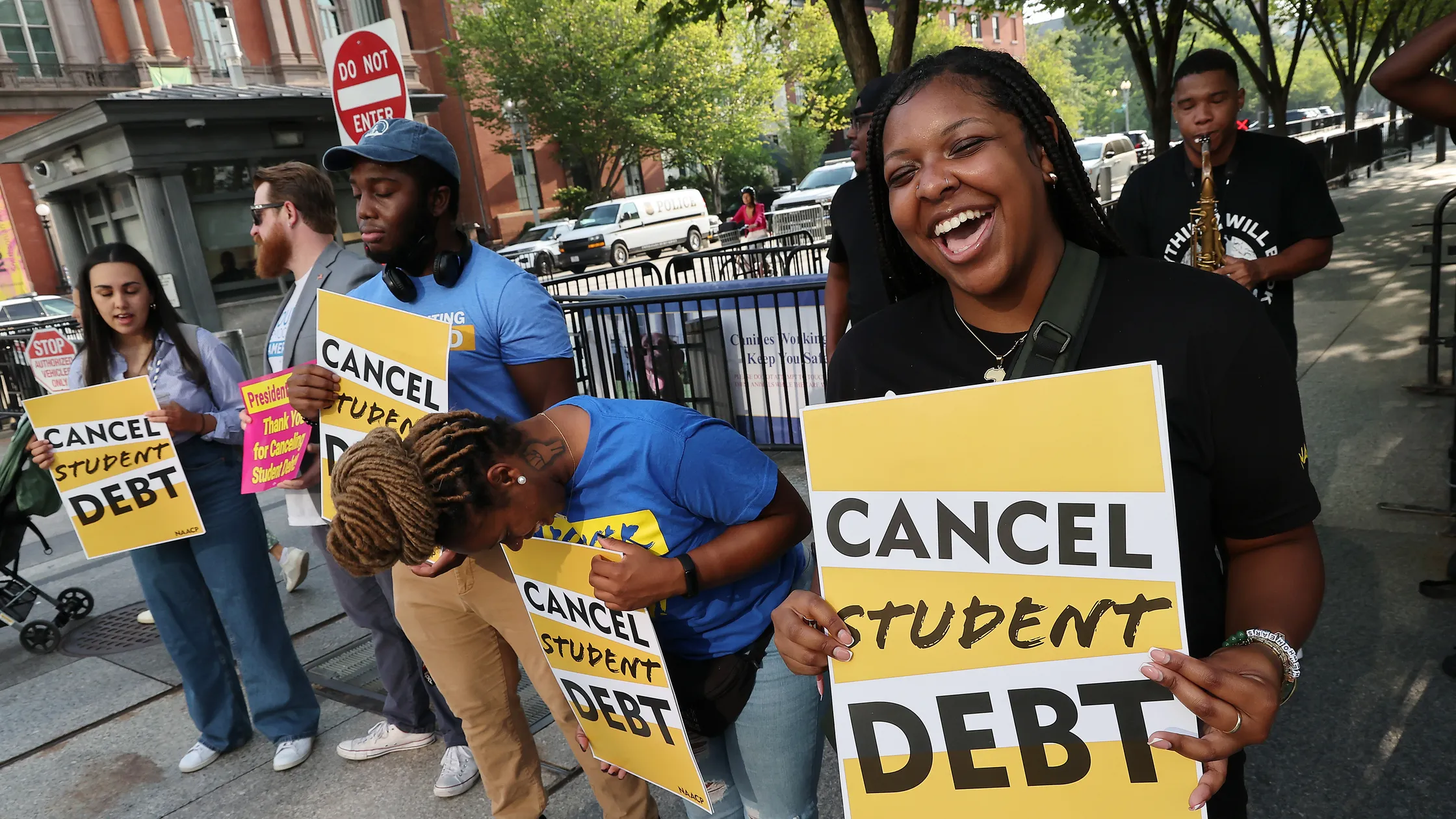Student loan relief is one of the most debated financial topics in the United States. However, much of the discussion revolves around federal loans, leaving private student loan borrowers with many unanswered questions: Can private student loans qualify for forgiveness or relief programs?
In this article, we’ll answer this question, explore the differences between federal and private student loans, and discuss the options available for managing private loan debt. If you’re looking for clarity on handling your private student loans, this comprehensive guide is for you.
Key Differences Between Federal and Private Student Loans
Before diving into the eligibility of private loans for relief programs, it’s essential to understand how they differ from federal loans. These differences directly impact the options available to borrowers.
Federal Student Loans
- Issued by the government: Federal loans are funded and managed by the U.S. Department of Education.
- Benefits and protections: These include income-driven repayment (IDR) plans, forgiveness programs like Public Service Loan Forgiveness (PSLF), and forbearance options.
- Lower interest rates: Federal loans typically offer fixed, lower interest rates and more flexible terms.
Private Student Loans
- Issued by private lenders: Banks, credit unions, and other financial institutions provide these loans.
- No federal benefits: Private loans lack the protections and perks associated with federal loans.
- Variable terms: Interest rates are often higher and may be fixed or variable, depending on the lender’s terms.
Are Private Student Loans Eligible for Forgiveness?
The short answer is no. Forgiveness programs like PSLF or temporary relief measures implemented during emergencies (e.g., COVID-19) are limited to federal loans. Since private loans are not managed by the Department of Education, they do not qualify for these programs.
Why Private Loans Are Excluded
- Funding source: Private loans are not federally backed, which limits the government’s ability to intervene.
- No universal programs: There is no federal initiative that provides blanket relief or forgiveness for private debt.
While this may seem discouraging, private loan borrowers still have viable strategies for managing their debt.
Options for Private Student Loan Borrowers
Although private loans are excluded from federal forgiveness programs, borrowers can explore several effective options to reduce their debt burden.
1. Refinancing
Refinancing is one of the most popular options for private loan borrowers. It involves replacing your current loans with a new loan that offers better terms, such as a lower interest rate or extended repayment period.
Benefits of Refinancing
- Reduced monthly payments.
- Simplified repayment by consolidating multiple loans.
- Access to competitive interest rates.
Things to Consider
- You’ll need a strong credit score or a reliable cosigner.
- Refinancing may result in the loss of benefits offered by your original lender.
2. Negotiating with Your Lender
Many private lenders are willing to work with borrowers experiencing financial difficulties. Options may include:
- Temporary payment pauses.
- Reduced interest rates for a limited time.
- Modified repayment plans.
3. State and Local Programs
Some states offer financial assistance programs or incentives for professionals in specific fields, such as healthcare or education. Exploring local options may provide supplementary relief.
4. Professional Financial Advice
If you’re feeling overwhelmed, consulting with a financial advisor who specializes in student loans can help you create a tailored plan to manage your debt effectively.
Frequently Asked Questions (FAQs)
1. Can private loans be included in a federal relief program?
No. Private loans are not eligible for federal relief or forgiveness programs.
2. What happens if I can’t pay my private loan?
Contact your lender immediately. Ignoring payments can lead to default, severely damaging your credit score.
3. Is it possible to refinance both federal and private loans together?
Yes, but refinancing federal loans with a private lender means losing all federal benefits and protections.
4. Can I negotiate partial forgiveness with my private lender?
Some lenders may agree to partial forgiveness or modified terms if you can demonstrate financial hardship.
5. What is a temporary payment pause?
It’s a period during which your lender allows you to stop or reduce payments temporarily due to financial challenges.
6. Will refinancing affect my credit score?
Refinancing can have a short-term impact on your credit score due to the credit inquiry, but it may improve your score over time if it lowers your monthly payments.
7. Are there tax benefits for private student loans?
In some cases, the interest paid on private student loans may be tax-deductible, depending on your income and specific circumstances.
Conclusion: Solutions for Managing Private Student Loan Debt
While private student loans are not eligible for federal forgiveness programs, there are still options to explore. Refinancing, negotiating with your lender, and taking advantage of state programs are all viable ways to reduce your financial burden.
Proactively managing your loans is essential for avoiding long-term financial difficulties. If you’re unsure about your next steps, seek professional guidance to make informed decisions and take control of your financial future.
Need help managing your private student loan debt? Explore your options and start building a solution today.



